Talk Archives
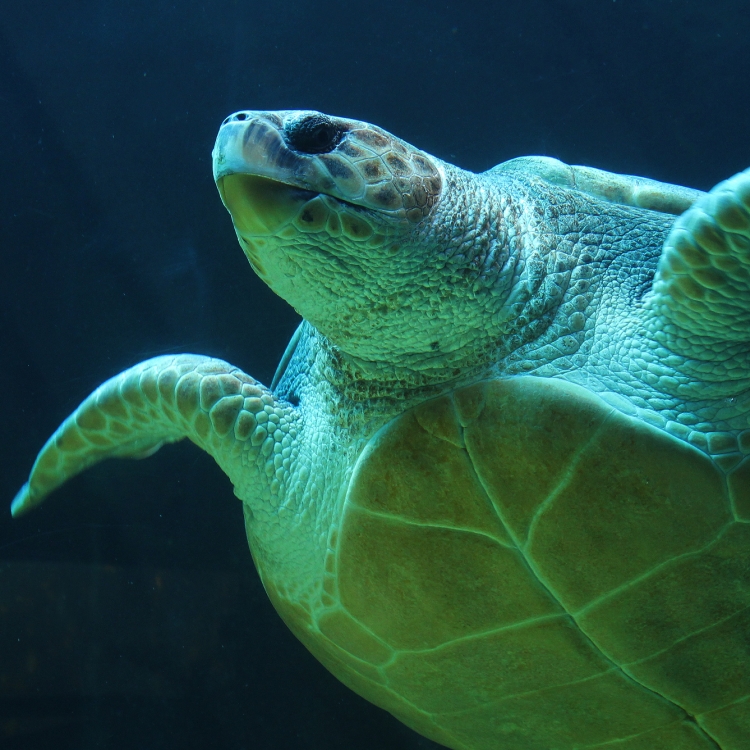
Voyage of the Turtle
With magnificent images from the oceans of three continents and evocative readings from Carl Safina’s new book, Voyage of the Turtle is a global journey. Together, we pursue Earth’s last warm-blooded monster reptile, the skin-covered Leatherback Turtle. The Leatherback has seen dinosaurs come and go and is the closest thing we have to a last-living dinosaur.
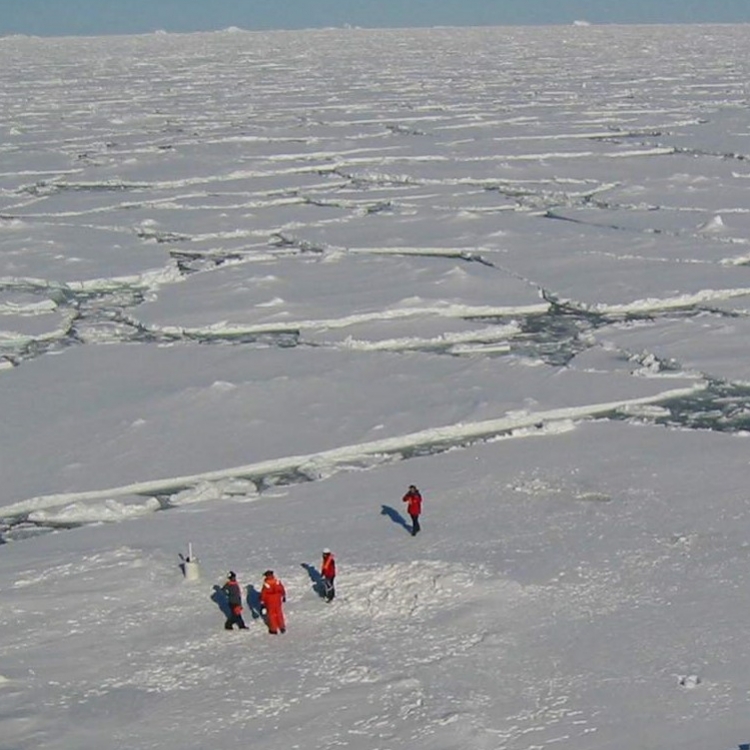
Come Ice or High Water: How Will Global Warming Affect Antarctic Ice Sheets and Sea Levels?
In parts of Antarctica, rates of measured climate warming are the highest anywhere in the Southern Hemisphere – in another part, there has been a cooling. How are we to interpret such a complex pattern of climate change, and what are the implications for the future of the Last Continent? Dr. David Vaughn addresses the many aspects of climate change and its significance to Antarctica and the rest of the Planet.

Choosing Our Future: Greenhouse Gases or Green Homes?
Energy consumption and energy production remain at the top of the list of concerns for politicians and for consumers, especially when the bill comes due and when climate change impacts our lives. Discover how the City of Austin is among the pioneers of green building in the United States, and through visionary policies and practices Austin has changed not only where our energy comes from, but also how energy is both used and saved.
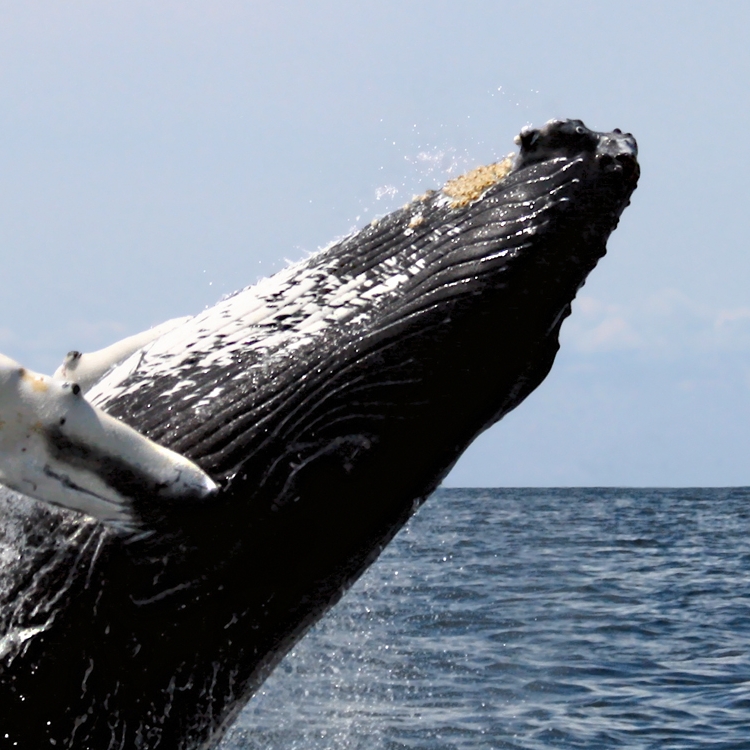
The History and Future of Whales
Scientists use new technologies to reveal untold mysteries about whales and provide information on whale history that may be crucial to their survival in the future. Dr. Stephen Palumbi, renowned marine biologist and professor at Stanford, discuss genetic techniques are used to estimate historic whale populations and how his findings play an important role in decisions of the International Whaling Commission (IWC).
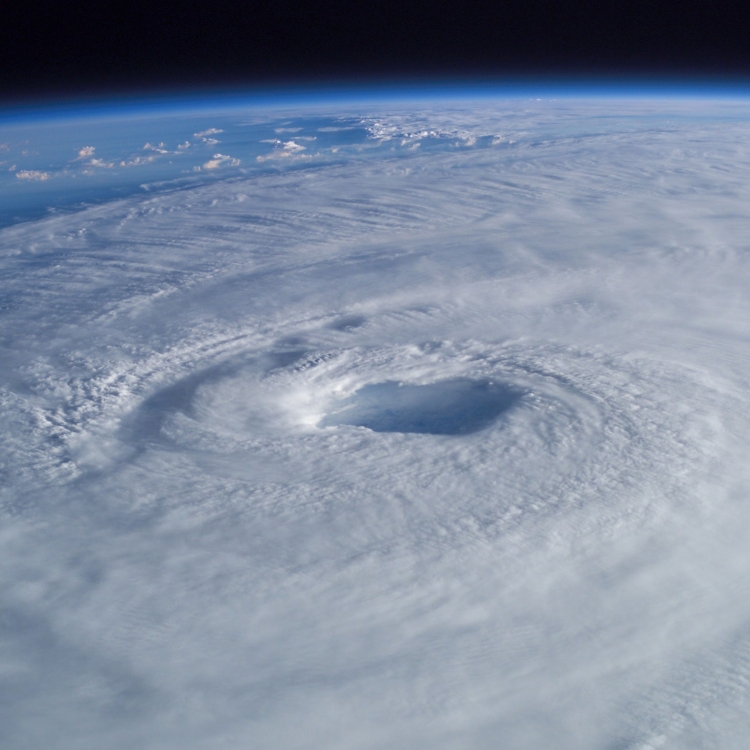
Is Climate Change Increasing Hurricane Activity?
Are hurricanes becoming more powerful and destructive? Are these changes due to a natural cycle of hurricane activity or are they caused by human-induced climate change? Dr. Kerry Emanuel shares his research on how climate change can affect hurricane activity and how to predict the long-term risk of hurricanes.

Race for a Cure
Polio was the most feared disease of the middle part of the 20th century. Every child everywhere was at risk of catching this horrific disease that had no prevention or cure. Thousands of children died and thousands more were paralyzed. Dr. David Oshinsky, author of the 2006 Pulitzer Prize winning book Polio: An American Story, shares the enthralling story of America’s battle with polio, the terror it caused, and the intense effort to find a cure.
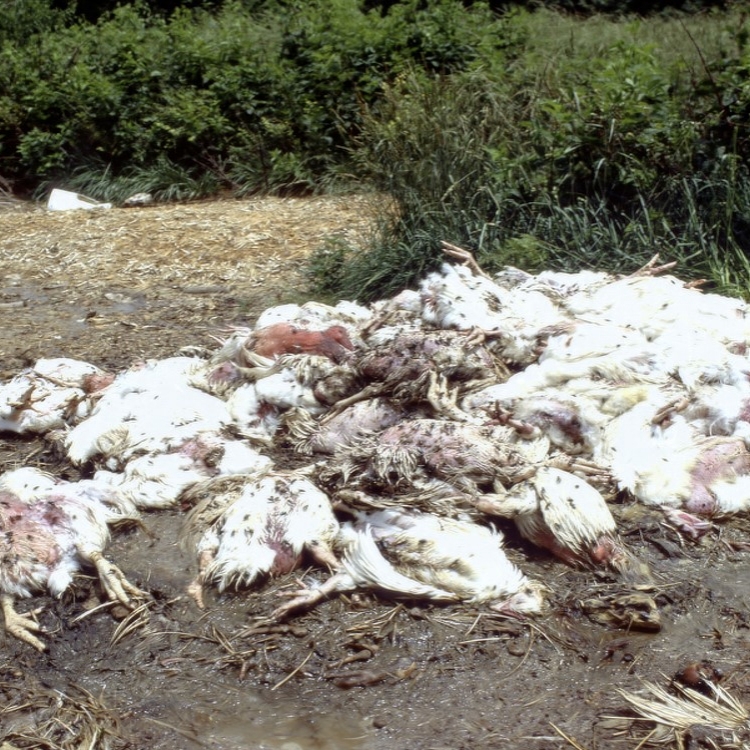
Fighting Deadly Diseases: Strategies for Prediction and Containment
Concerned about the bird flu? What would happen if a case appeared in the U.S.? Emerging global public health challenges like bird flu and SARS require innovative methods to understand and control the spread of new diseases. Dr. Lauren Meyers discusses how strategies for stopping the spread of deadly diseases can be developed by creating mathematical models of the transmission of diseases.
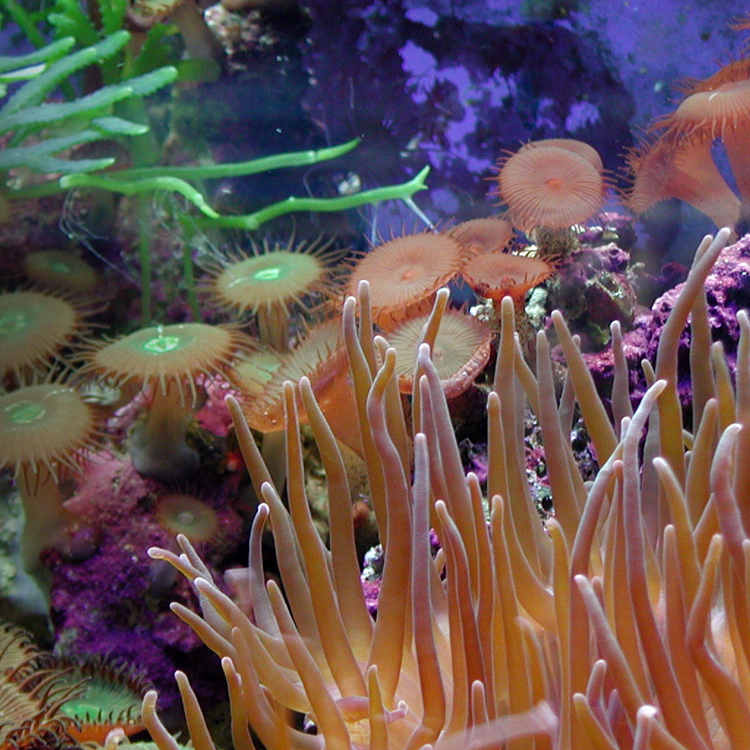
Brave New Ocean
The biodiversity of the oceans is in critical decline. Major drivers of the Brave New Ocean include over-exploitation, destruction of habitats, globalization of species, ocean warming, poisoning of food webs, and the rise of slime. Dr. Jeremy Jackson share ideas for developing successful management and conversation strategies for sustainability in the oceans.

To Infinity and Beyond
Infinity is big. For thousands of years, people also thought it was incomprehensible – an idea so vast that understanding it was beyond the scope of any person’s finite mind. But a child’s method of sharing – ‘one for me, one for you’ – , an Infinite Inn, a barrel containing infinitely many Ping-Pong balls, and a game called Dodge Ball combine to take us to infinity. And beyond.

The Striking Behavior of Rattlesnakes
Rattlesnakes are efficient predators that play an integral role in maintaining the balance within ecosystems. Unfortunately, their capacity to injure or even kill humans has made them among the most misunderstood vertebrates on the planet. Dr. Travis LaDuc dispels some of the myths surrounding rattlesnakes by sharing insights into their natural history.